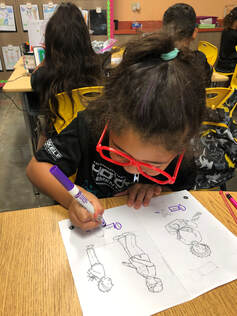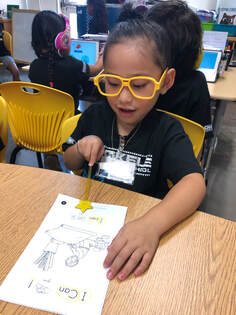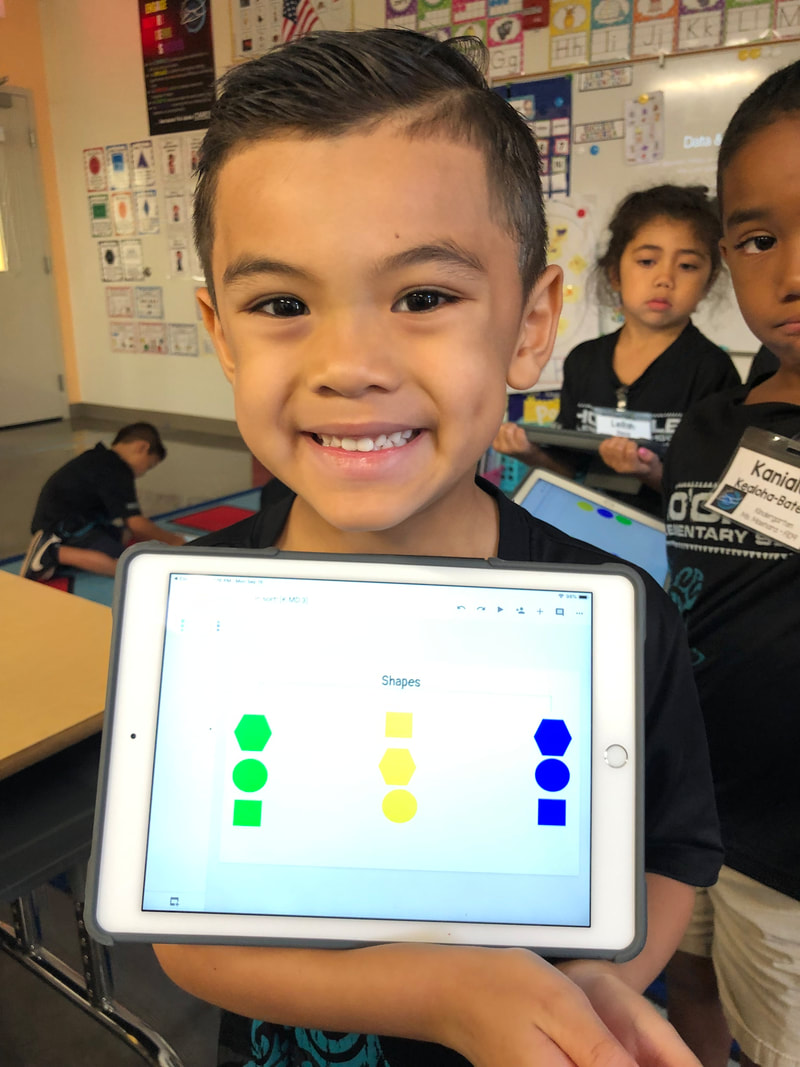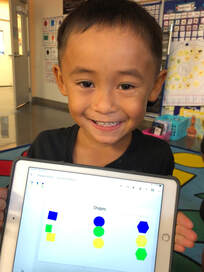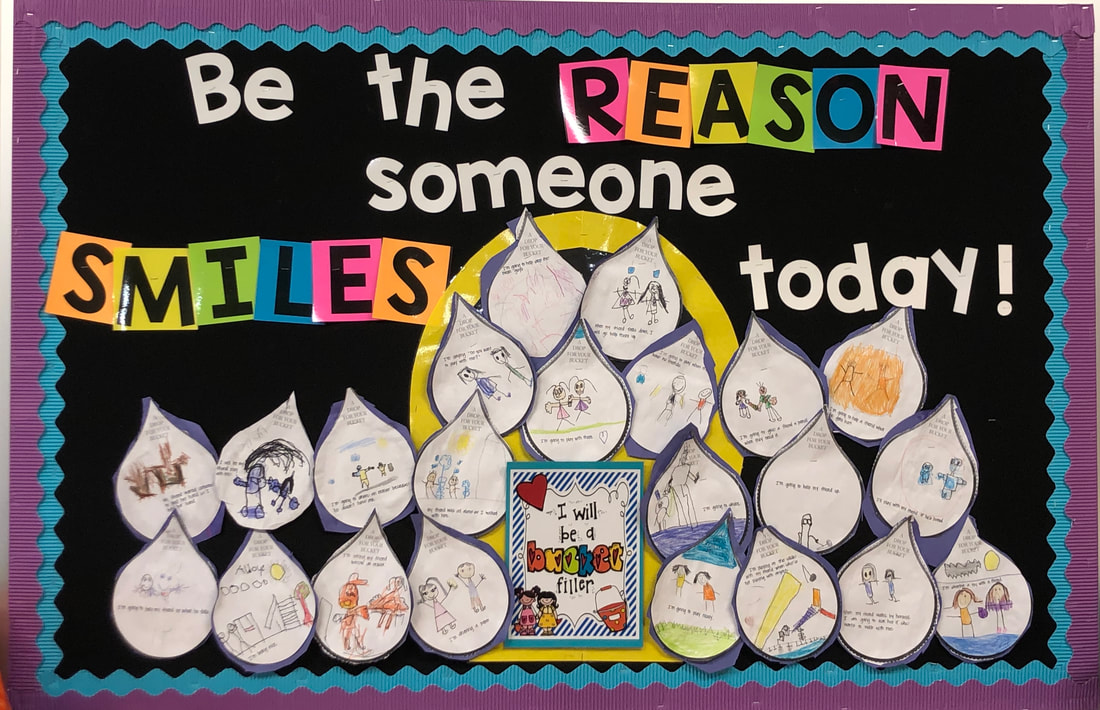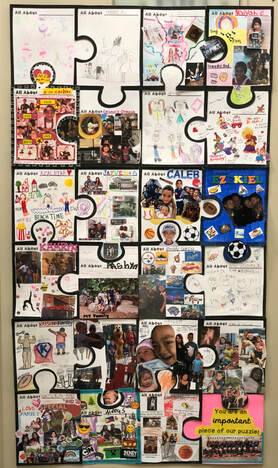QUARTER 1
We used our super power reading glasses and star wands to read! We practiced:
- predicting what the story was going to be about,
- Marking the Text to help us find the beginning of a sentence, ending of a sentence, and practice the high-frequency word we were learning, and
- crispy pointing to help track our words!
|
LANGUAGE ARTS:
|
MATH:
|
